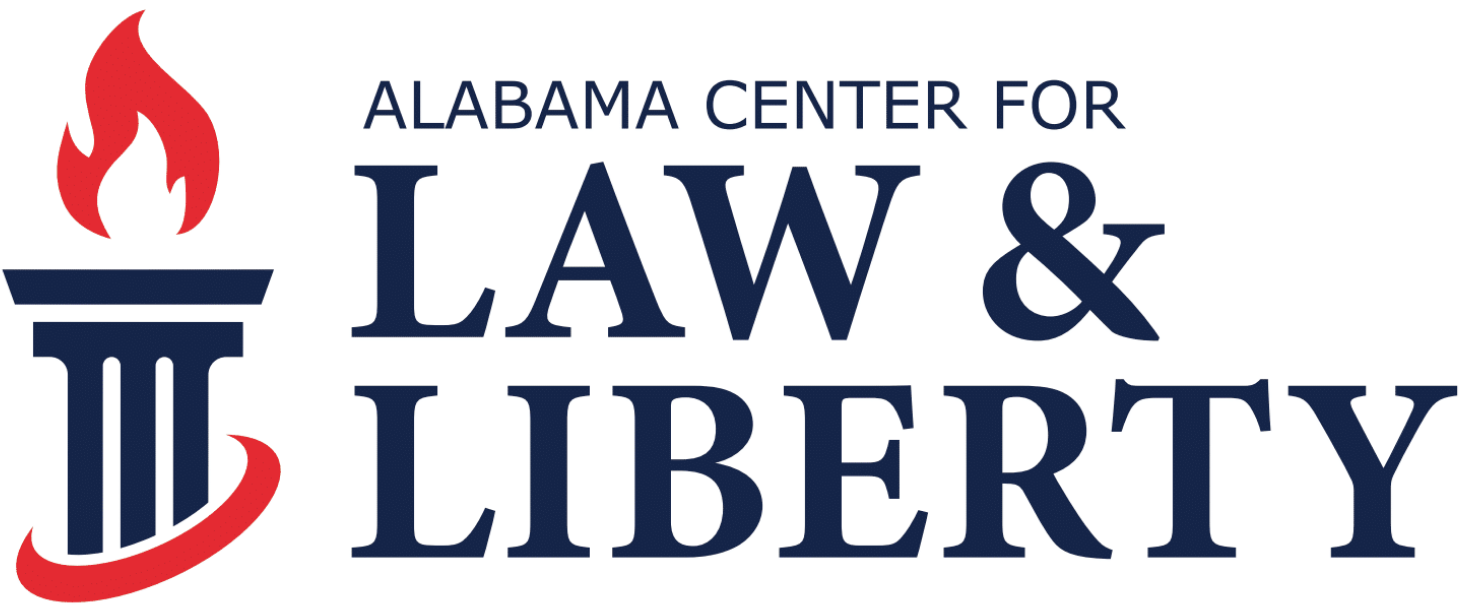Klein
v.
Oregon Bureau of Labor & Industries
ACLL Role:
Case Start Date:
Deciding Court:
Original Court:
Practice Area(s):
Amicus
January 17, 2013
U.S. Supreme Court
Oregon Bureau of Labor & Industries
Limited Government; Free Markets; Strong Families
CASE SNAPSHOT
In Oregon, Aaron and Melissa Klein opened a bakery and used it to make wedding cakes. The Kleins are evangelical Christians who believe that God ordained marriage between a man and a woman and therefore cannot create custom cakes for same-sex weddings in good conscience. When a lesbian couple tried to hire the Kleins to make a cake for their wedding, the Kleins politely refused. That set off a nearly 10-year legal battle that has already been to the U.S. Supreme Court once. The case has now returned, and the Kleins are asking the Court to vindicate their religious liberty once and for all. ACLL filed an amicus brief supporting the Kleins.
STATUS
ACLL filed a friend-of-the-court brief at the Eleventh Circuit on October 7, 2022.
FOR THE MEDIA

CASE SUMMARY
Case Background
Aaron and Melissa Klein are evangelical Christians who ran a bakery in Oregon. Among other things, they make cakes for weddings. But when same-sex marriage was on the rise in 2013, they decided that they could not make cakes for same-sex weddings in good conscience. Sure enough, it was not long before a lesbian couple asked them to bake a cake for their wedding. The Kleins politely declined, citing their religious beliefs. The couple filed a complaint with the Oregon Bureau of Department and Labor, which began a nearly decade-long nightmare for the Kleins.
The Bureau ultimately fined the Kleins $135,000 for violating Oregon’s nondiscrimination law. This forced the Kleins out of business. Fortunately, our friends at First Liberty Institute were able to continue representing them and asked the U.S. Supreme Court to take their case in 2016.
Up and Down the Chain of Command
While the Klein’s case was pending before the Supreme Court, that same Court decided Masterpiece Cakeshop v. Colorado Civil Rights Commission. In that case, the Court ruled 7-2 that Colorado violated the Free Exercise Clause by (1) expressing hostility towards a Christian cakebaker’s beliefs by comparing them to the Nazis and (2) treating gay cakebakers better than him. After the Court decided Masterpiece Cakeshop, it ordered the lower courts to reconsider the Klein’s case in light of that decision.
After taking a long time to consider the remand, the Oregon Court of Appeals concluded that there was some level of impermissible hostility towards the Kleins, but it sent the case back down to find out how bad it really was and what should be done because of it. The Kleins, at this point being involved in litigation for almost 10 years, had enough. They asked the U.S. Supreme Court to step in and hold once and for all that their right to say no was protected by the Free Exercise Clause. Since the Court had changed considerably since their first trip there, their chances of success are probably higher.
Settling the Free Exercise Matter Once and For All
You may be wondering, “Why isn’t this simple? They’re exercising their religion, which is what the First Amendment guarantees, right?” The answer comes down to about 30 years of bad Supreme Court precedent. In 1990, inEmployment Division v. Smith, the Court held that if a state passes a neutral law of general applicability, then religious adherents must follow it even though it infringes on their free exercise of religion. The Court recognized many exceptions to that rule between 1990 and today, but Smith is still the king of the hill in Free Exercise cases.
Last year, in Fulton v. City of Philadelphia, the Court was asked to overrule Smith. Justices Alito, Thomas, and Gorsuch would have done it, but Justices Barrett and Kavanaugh hesitated. Those Justices agreed that the text and structure of the First Amendment mean that the Free Exercise Clause should have more protection than Smith, but they could not decide on what should replace it. Unlike the other justices, they found the historical record of religious-based accommodations more silent than salient.
Thus, in this case, ACLL tried a new angle to get Justices Barrett and Kavanaugh to reconsider Smith, focusing on what a reasonable person in 1791 would have understood the word “religion” to mean. ACLL conducted an overview of the creeds and confessions of the major religions in America at the time, arguing that this provides a floor but not a ceiling for how much conduct the Free Exercise Clause should protect. The creeds of those religions at the time all agreed that Christians were duty-bound to follow God’s moral commandments. Since this involves a moral issue, a reasonable person in 1791 would have concluded that “free exercise of religion” included the right to pass on making the cake.
If the Court agrees, then it should finally settle the matter of what the Free Exercise Clause means: it means that if the State ever gives Christians a command to violate God’s moral law (as traditionally understood), then Christians are not obligated to follow it.
Importance to Limited Government, Free Markets, and Strong Families:
This case involves all three of ACLL’s pillars: limited government, free markets, and strong families. One of the foundations of limited government is that it cannot force people to violate their religious beliefs. Since freedom of religion is a bedrock principles of limited government, it must be defended here. This case also implicates free markets. If people seeking to engage in a same-sex wedding can go to another vendor to get the services they seek, then there really is no reason to force the Kleins to cater to them against their will. This is once again an area that the market can solve. Finally, as to strong families, ACLL unashamedly believes that marriage is between one man and one woman. While the U.S. Supreme Court has decided differently, that does not mean that people should be forced to promote the further breakdown of the family against their will.
Alabama Center for Law & Liberty 2213 Morris Ave, Floor 1 Birmingham, AL 35203 256-530-0519
The Alabama Center for Law and Liberty is Christian non-profit law firm.
©Alabama Center for Law & Liberty. All rights reserved.
